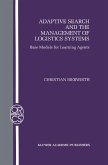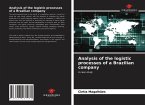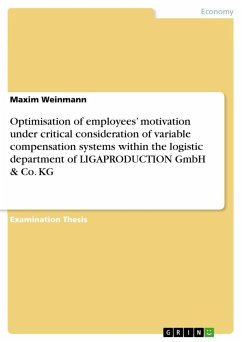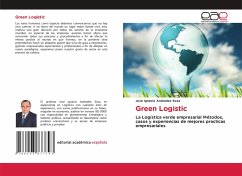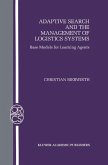In this book, the political and economic factors which have led to the rise of logistics in Europe in the context of the mass consumption society will be discussed. First, the ascent of truck transport in the 1920s to satisfy consumer needs and the importance of the European motorway infrastructure for the development of modern logistics, also the dimension freight transport has acquired in Europe, which organizations have been created in Europe to enable and facilitate transnational goods transports, is shown. Other than in the US, the national transport markets were initially uncoordinated. It was only in the process of European unification that transport markets for truck freight and associated logistics systems became Europe-wide. This change was accompanied by the struggle between rail and truck. Second, Europe-wide just-in-time deliveries in the car manufactures, the role of the parcel delivery services in a society of mass consumption and the problems of Alpine crossing for goods traffic are further issues of the book. Finally, the various factors that led to the logistics revolution of the 1990s, as the Internet and the shift of consumer goods production from Europe to Asia are shown.
Hinweis: Dieser Artikel kann nur an eine deutsche Lieferadresse ausgeliefert werden.
Hinweis: Dieser Artikel kann nur an eine deutsche Lieferadresse ausgeliefert werden.



